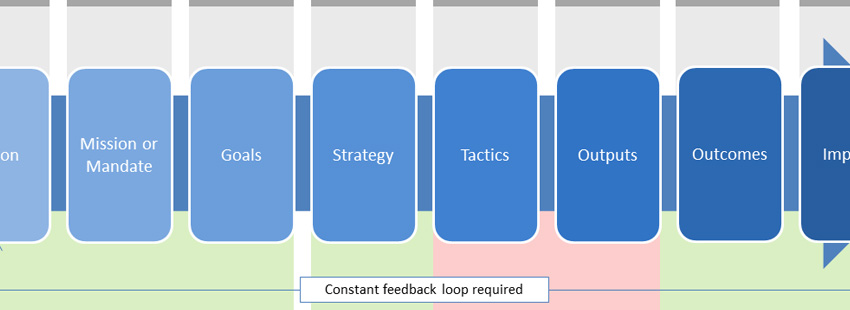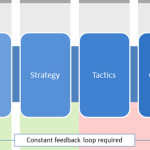“If I had eight hours to chop down a tree, I’d spend six hours sharpening my axe.” – Abraham Lincoln
I’ve heard a lot of talk about the value of specialization. The theory goes that, if you want to become successful, you should pick one thing and do it really really well. You only have so much time to invest in yourself, and you have to have a pretty specific pitch if you’re going to capture people’s attention. You want to be sharp and you want to be purpose-built. When it comes time to chop down that tree, you will have the finest edge that anyone has ever seen.
Baloney.
Life (and work) isn’t made up of isolated, perfectly defined cookie-cutter moments. Life is messy. Life is complex. That tree you want to chop down might fall on someone. People might not understand the benefit of it being chopped down in the first place. Have you considered whether now was the right time to chop it down? Is chopping down the tree the best use of your resources considering your other priorities? Who will be documenting the process, writing articles and snapping photos so that you can promote your tree chopping services? Should you live stream it? And why not get yourself a chainsaw since this is the 21st century?
If all you cared about was that axe edge, I’m sure you would do a bang up job cutting down that tree. But you would fail miserably as mayor of the village.
Read more





 Senior communicator | Team leader | Web and social media expert | Strategist.
I love making new professional acquaintances. Reach out if you want to talk communications, marketing, or ultimate frisbee.
Senior communicator | Team leader | Web and social media expert | Strategist.
I love making new professional acquaintances. Reach out if you want to talk communications, marketing, or ultimate frisbee.






Recent Comments